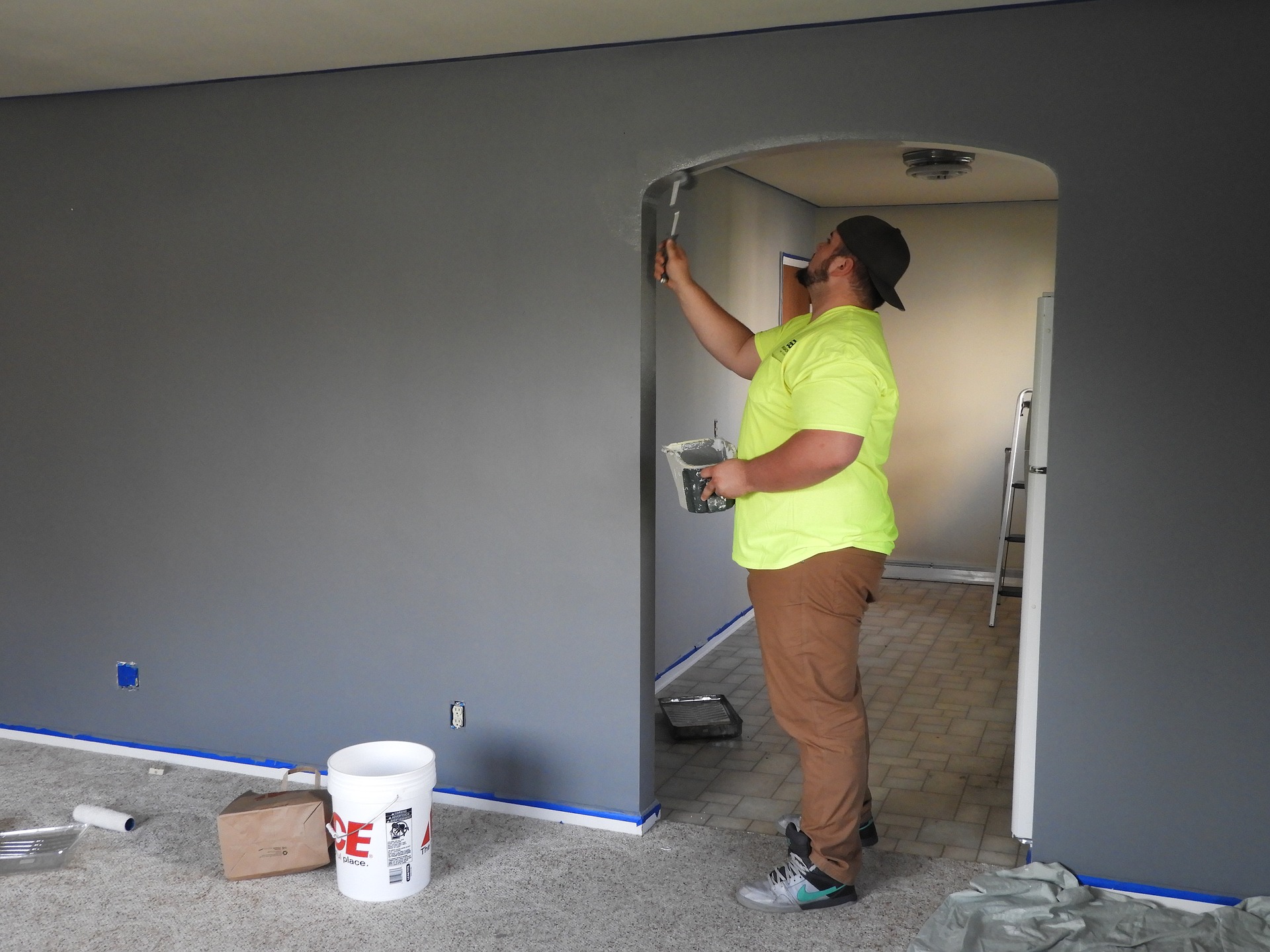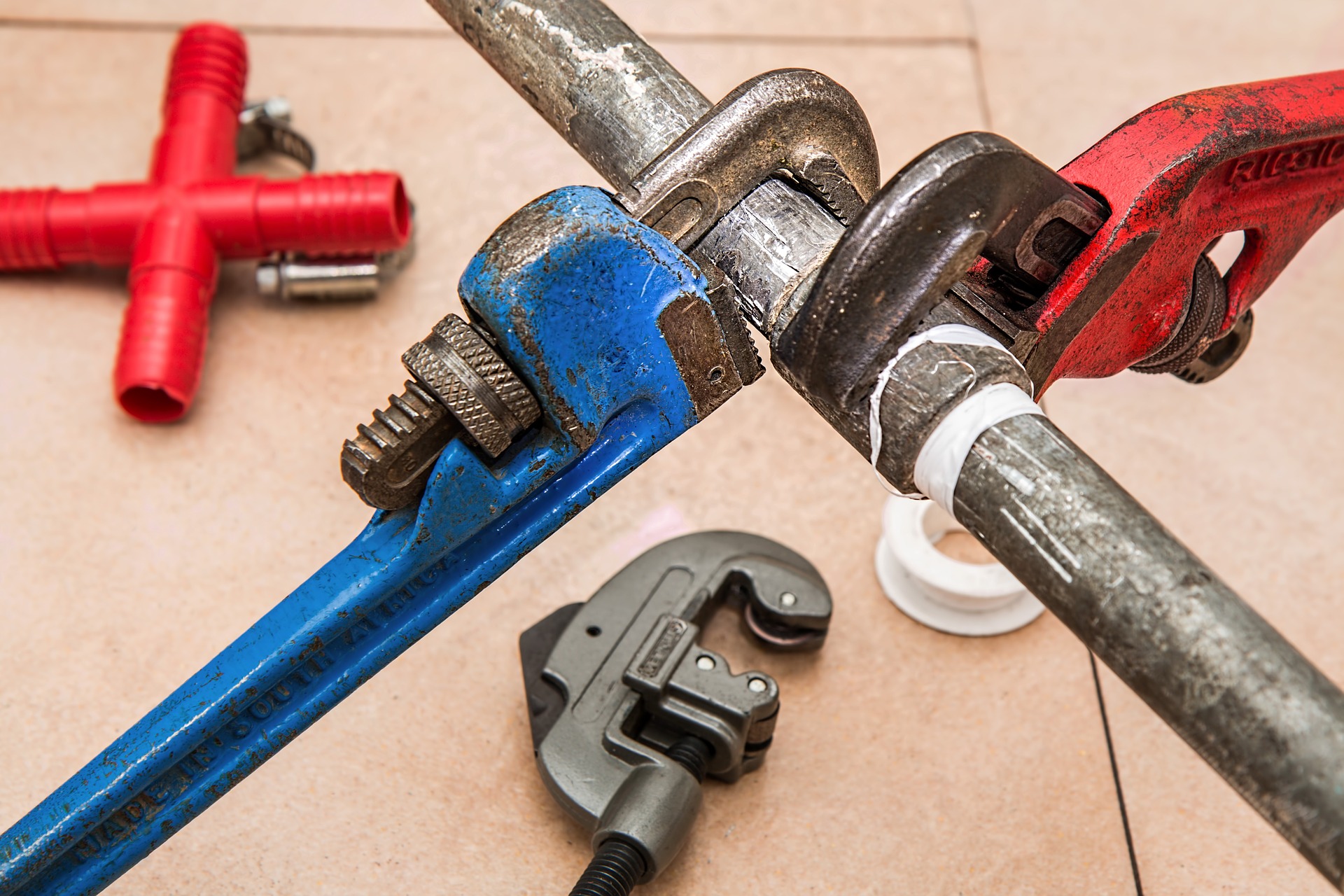If you’ve heard the phrase, “building home equity,” but not sure what it means it can be summarized like this: your home equity is the “amount” of your home you actually own. It’s the difference between the amount you owe on the mortgage loan and what your home is currently worth.
For example:
Let’s say you purchased a home worth $500,000 and you owe $100,000 on the mortgage. The $500,000 value of the home minus the amount owing of $100,000 leaves you with $400,000. That’s your equity.
Building your net worth with home equity is one of the common question topics we hear from our real estate clients in Toronto & The GTA. If you’d like your real estate questions addressed, contact the #1 RE/MAX Team in Canada* led by the #1 Individual RE/MAX Agent in the World** for expert answers.
What Can You Do With Home Equity?
Home owners commonly use the home equity they worked hard to build up on net-worth-building projects like investing in another property, paying down other debts, renovating a property, or even leisure costs like taking a vacation.
So what does using your home equity actually involve?
To put it simply, using your home equity typically involves borrowing against the value of the amount of the home you own.
Here are some of the options you have for using your equity:
- Get cash for the value of your equity if you choose to sell your home and pay any costs related with the sale
- Borrow money with a home equity loan or a HELOC (Home Equity Line Of Credit). Most mortgage companies offer a range of products which allow you to borrow against your equity
- Get a second mortgage
- Use the equity value for a down payment on the purchase of another property
- You can opt for refinancing, which involves breaking the terms of your current mortgage contract and taking out the equity of your home and adding it to your current loan balance
If you’re interested in learning more about building net worth by investing in Toronto & GTA real estate, don’t hesitate to reach out for expert advice from Frank Leo, The #1 Individual RE/MAX Agent in The World, and The #1 RE/MAX in Canada.
Building Your Home Equity
As defined above, building home equity simply means that the value of the amount of your home that you own is going up.
You can take measures to actively build up your equity. There are also some conditions which will make your equity go up on its own. These two types of building equity are typically divided into active and passive equity building.
How Do You Build Home Equity Passively?
As long as the market value of your home stays consistent, your home equity will slowly increase as you pay the mortgage off. As you own more and more of the house, your home equity gets larger and larger.
Even if you own your house in Toronto and are no longer making mortgage payments, your home equity can still grow passively. Your equity grows when the market value of your home increases. Your properties value could increase for reasons including higher demand for housing or more development in the area.

With a bit of research and expert advice from a seasoned real estate agent the value of the home you decide to purchase will increase over time.
When the value of your home increases your home equity increases. Conversely, if your property value decreases so does your home equity.
Also keep in mind that while your home equity goes up with rising market price, so does your property tax. That increase may affect your financial situation.
Let’s look at an example to illustrate how passively building home equity works.
When you buy a home in Toronto, let’s say it’s worth $600,000.
After making a downpayment and paying off your mortgage for a few years you still owe $300,000. That makes your home equity $300,000 since that’s the amount of the house you have paid off.
If your Toronto property goes up to $700,000 because of Toronto’s real estate market, you will have $400,000 in home equity even though you’ve paid $300,000 on your mortgage.
How Do You Build Home Equity Actively?
Building home equity passively can take a long time. People who hope to leverage the value of their home equity to build their net worth typically take an active approach to building their equity.
There are many different ways to actively build your home equity and different combinations will work for different people. The best combination for you depends on your financial goals and situation.
How to Increase Your Home Equity By Improving Your Property
In terms what you can do with your home to increase your home equity value, home improvements are at the top of the list. Investing in a home improvement like updating your kitchen, landscaping the backyard, or building an addition are all great ways to build equity.

Whether the project is big or small, make sure that your renovation or upgrade is likely to increase your home’s value. Not all renovations are guaranteed to increase the value of your property.
Also bear in mind that renovations cost money – some more than others. Make sure that your renovation will pay off before breaking ground. Be sure that you’ll be able to make a return on the money you invest in the renovation with your home equity boost.
Some homeowners choose a renovation which they personally want which also increases home equity value. Others do whatever the market dictates will provide the highest ROI. If you’re upgrading your home just to build equity, be sure to choose an upgrade which provides the highest return.
Maintain Your Property to Build Home Equity
Keeping your property well-maintained is just as important as upgrades and improvements. A beautifully upgraded bathroom won’t do much to raise the value of your property if the rest of the house is in disrepair.

Although it may be not be as exciting or drastic as a renovation, routine home maintenance is critical for maintaining property value. In some cases, home maintenance can actually grow your home equity.
For example, if you own a historic home or some elements of your home reflect an older style which is highly valued, keeping it well maintained will certainly pay off.
When it comes to home upkeep there are a few major categories to attend to:
- Keep the property around the house trimmed and under control
- Ensure the exterior drainage is functioning
- Prevent leaks and make sure the roof is well maintained
- Clean the home’s ventilation system
- Replace or repair any cracks or defects in the windows
- Keep the home’s exterior looking good (e.g. paint job, damaged bricks)
- Check for cracks in the foundation
- Maintain plumbing in good working order
- Repair the driveway or any pavement that’s cracked or warped/sunken
Scheduling monthly, quarterly, and annual checks for each of these home maintenance categories respectively is mandatory if you want to keep your home equity growing.
Make Your Down Payment Larger To Get A Head Start on Home Equity
Purchasing a home with a low down payment isn’t always the best option. Although it may seem tempting to free up your financial situation for other purchases by making a lower down payment, it reduces the amount of equity you will own.

It may be worth waiting to buy your home in Toronto in order to generate more cash to make the down payment. The traditional down payment of 20% not only gives you more equity from the start but also means you don’t need to purchase and pay for mortgage loan insurance.
If you are thinking of refinancing your existing mortgage to get a better interest rate, taking the cash-out option will actually increase your mortgage balance. A higher mortgage balance means lower equity.
Instead, you can ask your lender about cash-in options for refinancing your home. With this option you could end up lowering your mortgage balance and potentially even qualifying for a better rate on your mortgage.
Make Higher Monthly Payments to Build Home Equity
When you take out a mortgage you agree to make payments towards the loan balance at regular intervals. Part of each payment goes to paying down the principal and part of it pays the interest on the loan.
This amortization table demonstrates how the amortization process works. Amortization is a financial term for paying the loan balance with fixed payments over time.
Although each monthly payment is the same, the proportion that goes to interest and the principal changes over the length of the loan. The closer you get to paying off your loan, the higher proportion of the payment goes towards the principal. Your last payment will be the remaining balance of your loan with 0% interest.
Less money spent on interest means more equity, faster.
When you make higher payments each month, you pay off the principal faster and therefore build equity faster.
There are also other financial decisions you can make to build equity.
Choose a Shorter Term to Build Equity Faster
The shorter the term of your loan, the sooner you’ll pay down the principal. The less principal you have left, the more home equity you have. In short, longer-term loans build up equity more slowly than shorter-term loans.
If your goal is to build equity, a shorter 15-year mortgage will better serve your goals. In addition to building your equity sooner, shorter-term mortgages also often carry lower interest rates. When you’re paying lower interest rates for a shorter period of time, you’re building equity faster and paying less interest across the entire length of your loan.
While these terms seem like a no-brainer, they’re only going to work in your favour if they are within your financial means. Ask your mortgage lender to help you compare the costs of a 30- and 15- year loan and you might discover that you can afford the latter. You can also consult our mortgage calculator to aid in your research.
At first glance it may seem that a 15-year mortgage doubles the monthly home loan payments. In reality, the monthly payment will not necessarily be twice the amount and may fall within your budget.
Make Extra Payments to Build Up Your Home Equity
Regardless of the length of your mortgage loan term, making extra payments at any time will help you build home equity faster. It will also help you build up more over time. As we’ve mentioned, the less you spend on interest the more goes towards your principal, thereby building up your equity.
When you go above and beyond your monthly payment it reduces your debt and builds your equity. Make sure to check with your lender that the money you pay over your required payment goes towards the principal.
If you happen to come into some money or prefer to convert your savings into home equity, you can make lump sum payments towards the principal at any time.
Avoid Interfering With The Terms of Your Mortgage
Taking out a second mortgage or refinancing your mortgage will affect how quickly you can pay down your debt. While it is possible that refinancing might be a favourable option for you, it’s typically best to stay on track with the same mortgage and see it through to the end, at least as far as building equity is concerned.
Since you’ll be paying mostly interest while your loan is still new, starting over will set back your progress for paying down the principal and building equity. A Home Equity Line of Credit (HELOC) or second mortgage will reduce your home equity growth.
Do Your Best To Pay Off Your Principal
When it comes to paying off your principal, you’d be surprised at how much even one extra payment a year can make towards building your home equity. Each extra mortgage payment you make helps.
One extra payment towards your principal each year can potentially shave years off of your home loan. If making extra payments is a stretch for your regular budget, even an occasion influx of cash like a bonus or tax rebate will help.
Getting A Good Price On Your Home Will Help You Maximize Equity
If you work with an experienced Realtor that will get you a terrific price on your home, you’re already ahead when it comes to building home equity. If you have a professional negotiator helping you buy a home, you could end up getting a great price. Your Real Estate agent can also help you choose the right time to buy.
An experienced Real Estate Team like Frank Leo & Associates can help you find the right home for the right price. Contact Frank Leo & Associates today to get 30 years of Toronto real estate experience on your side.
* For Dollar volume January – May 2018
** Dollar Volume 2017